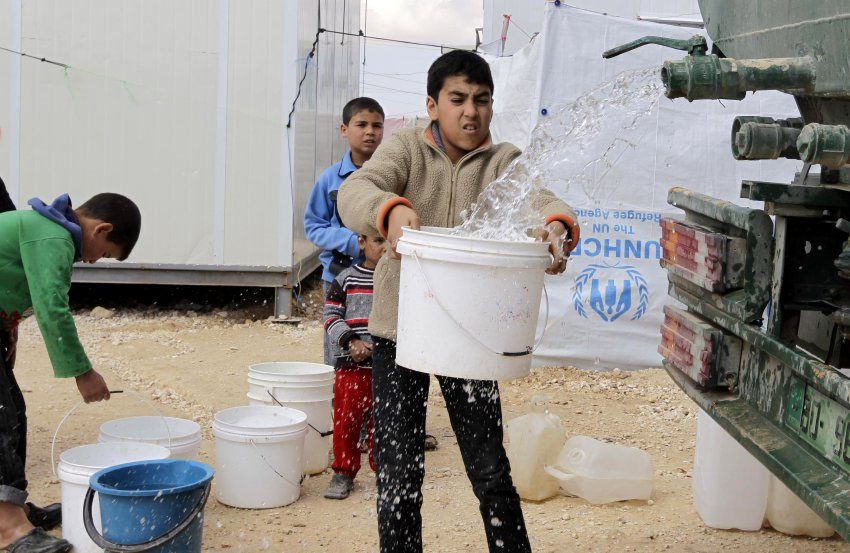The water situation in refugee camps in Lebanon has been a growing concern over the years. With the influx of refugees from neighboring countries, the demand for clean and safe water has become a challenge for aid organizations and local authorities. In this article, we will discuss the current water situation in refugee camps in Lebanon and the efforts being made to improve it.
Current Water Situation in Refugee Camps
The majority of refugee camps in Lebanon rely on water trucking as the main source of water. These trucks deliver water to the camps, and residents have to collect it from designated points. The water provided by the trucks is often limited, and residents have to ration their usage. This has led to an increase in water-borne diseases and health issues, especially during the hot summer months.
The limited availability of water has also led to an increase in the price of water. Many families are struggling to afford the cost of water, which has further exacerbated their already dire situation. Additionally, the water provided by the trucks is not always safe for consumption, as it may be contaminated during transportation or storage.
Efforts to Improve Water Situation
Several organizations are working to improve the water situation in refugee camps in Lebanon. The United Nations High Commissioner for Refugees (UNHCR) has implemented water and sanitation projects in camps across the country. These projects include the installation of water tanks, latrines, and hygiene kits. The UNHCR also works to provide education on hygiene practices to reduce the risk of water-borne diseases.
Other organizations, such as UNICEF, are working to improve water quality by implementing water treatment systems in the camps. These systems remove harmful contaminants and provide safe drinking water to the residents.
Local organizations, such as the Lebanese Red Cross and Caritas Lebanon, also provide aid to refugees in the form of water supply and sanitation services. They work to distribute water filters and provide training on how to use them to ensure safe drinking water.
Conclusion
The water situation in refugee camps in Lebanon remains a challenge, but efforts are being made to improve it. The lack of clean and safe water has led to health issues and increased the cost of living for many refugees. Aid organizations and local authorities are working to implement solutions that will provide safe and reliable access to water. Continued efforts and support are needed to ensure that refugees in Lebanon have access to this basic human right.

